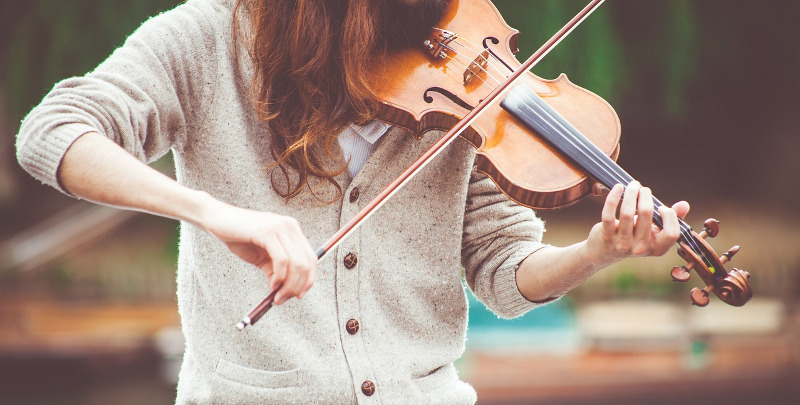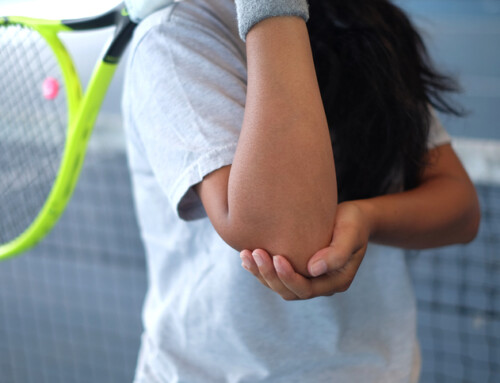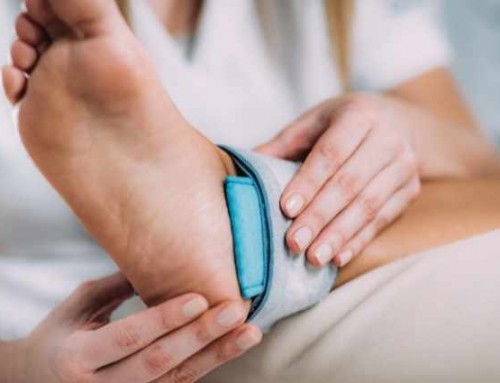PT for Musicians Experiencing Repetitive Injury & Overuse
What to Do When Playing Causes Pain
When you’re a musician, playing music isn’t what you do, it’s what you love. Music pours out of your soul and becomes the vehicle through which you connect with your audience. You play when you’re elated, when you’re angry, when you’re stressed, and when you’re in love…even when you’re in pain.
It’s hard to get wrapped up in the music when playing causes pain. Sometimes, repetitive straining can make playing so painful you have to put your instrument down. PT for musicians from Capital Area PT includes evaluating your pain and finding the right techniques to promote healing so you can get back to the music.
What Causes Pain for Musicians?
When your hands hurt, it’s usually from the repetitive motions involved in playing your instrument. People who type all day at an office can get carpal tunnel syndrome, tendinitis, and other syndromes. Musicians who spend hours practicing and performing get the same types of injuries from repetitive motions.
Some musicians use a computer all day at work, then play their instrument in their off time, performing repetitive hand movements most of their waking hours. Here are some of the reasons injury occurs.
- Chronic muscle tension
- Psychological or emotional stress
- Fatigue
- Playing without warming up
- Playing for too long without breaks
- Awkward or unbalanced posture
- Fast, repetitive movements
- Movements that require a lot of force or strong thumb grip
Hours of practice and dedication to your instrument make you a great musician. They also might be what causes your pain.
What Are Some Conditions That Result from Repeated Use?
Pianists stretch their fingers to reach the keys, French horn players lift their horn and contort their bodies, and percussion players experience constant, repeated impact. Here are some of the conditions that can result.
- Overuse syndrome – Tendons and muscles become inflamed from repeated use.
- Thoracic outlet syndrome – Nerves and blood vessels in the neck become compressed causing tingling, pain and numbness.
- Focal dystonia – Muscle groups involuntarily contract, sometimes distorting posture.
What Can Musicians Do?
With some of the top physical therapy specialists in the region at our clinics in Malta and Queensbury, we employ the latest techniques, equipment, and physical therapy treatments to provide you with the right combination of hands-on treatment, advice, and therapeutic solutions. If you feel pain when you play, here are some things you can do to spur recovery.
- Evaluate your posture and technique. Check how you’re sitting or standing to see if you’re upright and balanced.
- Examine your instrument. Is it too large or too small for you? Could you use a strap or a stand to reduce the strain on your body?
- Always warm up. Take time to stretch and ease into playing every single time.
- Take frequent breaks. Stretch and relax at least once every hour. Try breaking practice sessions into shorter parts spread throughout the day instead of knocking them out all at once.
- Be especially careful when you’re preparing for a concert or other event.
Contact us for more information on how we can help musicians with physical therapy treatments to manage repetitive injury and overuse symptoms.
Are you a Queensbury or Saratoga Springs area musician suffering from overuse injuries? Contact us at 518-289-5242 (Malta) or 518-289-5242 (Queensbury) or visit CapitalAreaPT and learn more about how we provide physical therapy for musicians.






